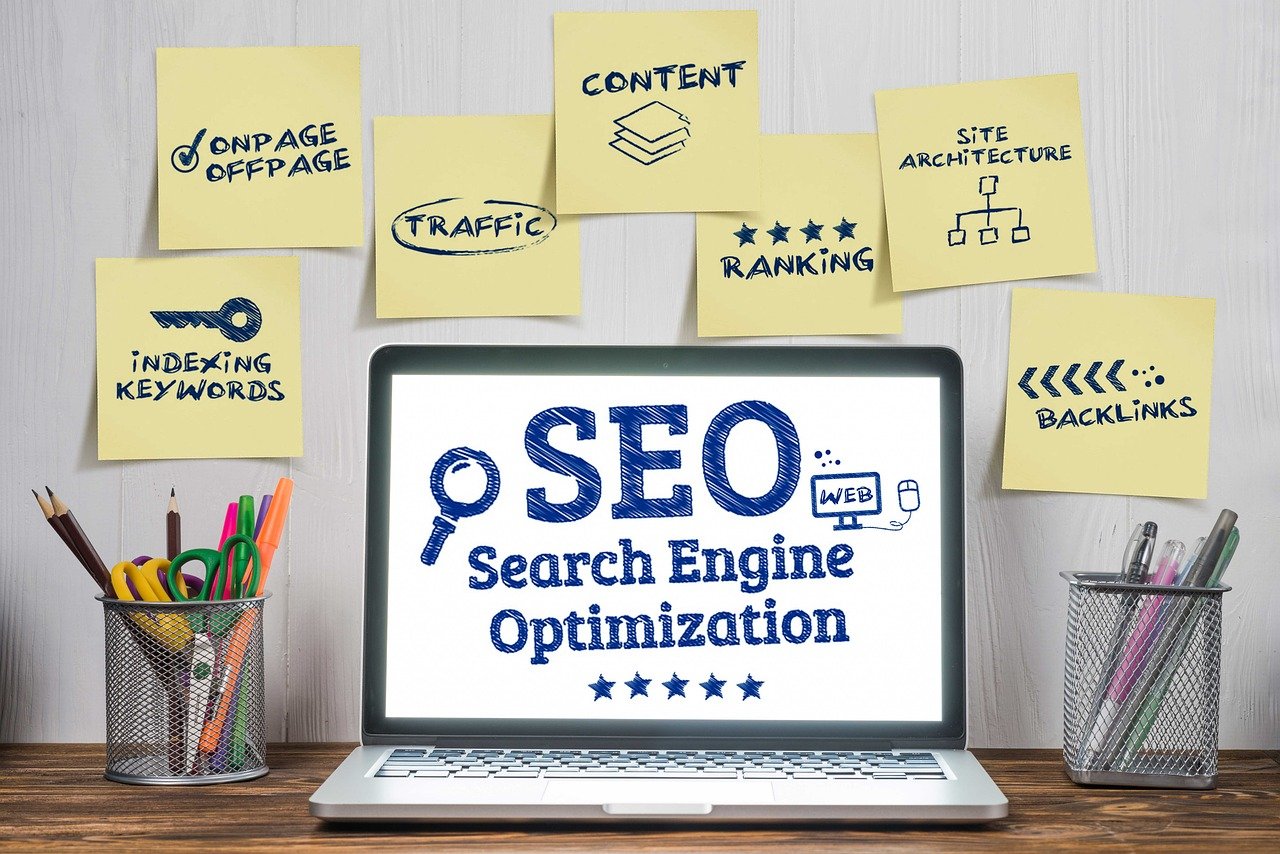In today’s hyper-connected society, the insidious proliferation of marketing has become an unavoidable force that influences nearly every aspect of our lives. From the ads that pop up in our social media feeds to subtle brand placements in the shows we watch, marketing is no longer confined to traditional channels. It has evolved into a pervasive system of persuasion—one that shapes opinions, behaviors, and even identities.
This article explores the depth and implications of the insidious proliferation of marketing, how it affects consumer psychology, and what individuals and businesses can do to navigate this increasingly complex landscape.
What Does “Insidious Proliferation of Marketing” Mean?
The term insidious proliferation of marketing refers to the subtle and widespread infiltration of promotional messages into daily life. Unlike overt advertising campaigns, this type of marketing often goes unnoticed. It embeds itself in our digital environments, entertainment, conversations, and even personal recommendations—all while attempting to influence our choices without our full awareness.
Also, explore Everything You Need to Know About thesportshouse .net Pendridge
Unlike traditional advertising saturation, which is clearly labeled, this form of marketing is stealthier and more psychological in nature.
How Marketing Became Ubiquitous
The rapid rise of digital influence and the dominance of social platforms have made marketing more personalized and pervasive. With targeted advertising based on search history, online behavior, and even microphone data, consumers are often unaware of how deeply brands penetrate their lives.
For example, simply searching for a pair of running shoes can result in weeks of related advertisements on YouTube, Facebook, and email inboxes. This constant presence is part of the insidious proliferation of marketing, and it’s carefully engineered using brand psychology and AI.
The Psychological Impact on Consumers
The insidious proliferation of marketing can significantly alter how individuals think and behave:
- Decision Fatigue: With so many options presented constantly, consumers often feel overwhelmed and less confident in their choices.
- Consumer Manipulation: Psychological triggers such as scarcity, urgency, and social proof are used to influence purchase decisions.
- Erosion of Privacy: The more data marketing systems gather, the more personal the ads become, often infringing on user privacy.
The line between genuine need and manufactured desire becomes increasingly blurred, leading to long-term consequences in purchasing habits and financial well-being.
Marketing in Disguise: Native Ads and Influencers
A major contributor to the insidious proliferation of marketing is the use of influencers and native advertising. These forms are designed to blend seamlessly into content, making it difficult for audiences to distinguish between information and promotion.
Influencers may not always disclose sponsorships, and editorial content might have underlying promotional intent. This form of consumer manipulation exploits trust, especially among younger audiences who view influencers as peers rather than advertisers.
Fighting Back: Consumer Awareness and Ethical Marketing
To combat the insidious proliferation of marketing, both consumers and companies must act more ethically and mindfully.
Consumers should:
- Use ad blockers and privacy settings.
- Educate themselves about advertising saturation and psychological tactics.
- Support brands that value transparency and integrity.
Businesses should:
- Prioritize ethical advertising practices.
- Be transparent about sponsored content.
- Focus on building authentic relationships over manipulation.
By fostering media literacy and responsible branding, the digital marketplace can become more balanced and trustworthy.
FAQs About the Insidious Proliferation of Marketing
1. What is the insidious proliferation of marketing?
It refers to the subtle, often hidden expansion of marketing tactics into everyday life, especially through digital channels, designed to influence consumer behavior without obvious promotion.
2. How does it affect consumer behavior?
The insidious proliferation of marketing creates psychological pressure, leading to decision fatigue, increased spending, and confusion between needs and manufactured desires.
3. Is all marketing insidious?
No. Ethical and transparent marketing aims to inform rather than manipulate. The issue arises when brands blur the lines between content and promotion without clear disclosure.
4. Why is influencer marketing considered part of the problem?
Influencers often present sponsored content as personal opinion, making it harder for audiences to recognize they’re being marketed to—contributing to the insidious proliferation of marketing.
5. What can consumers do to protect themselves?
They can use ad blockers, follow ethical brands, increase their media literacy, and remain skeptical of overly polished content that feels too good to be personal.
Conclusion
The insidious proliferation of marketing is a modern phenomenon that quietly but powerfully influences how we think, buy, and even feel. As consumers, becoming aware of these tactics is the first step toward reclaiming agency over our decisions. As businesses, embracing transparency and ethical marketing is key to earning long-term trust in an age where the line between influence and intrusion grows thinner by the day.
In a world saturated with commercial messages, awareness is power—and the only antidote to manipulation is conscious consumption.


